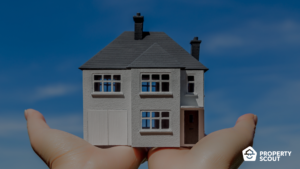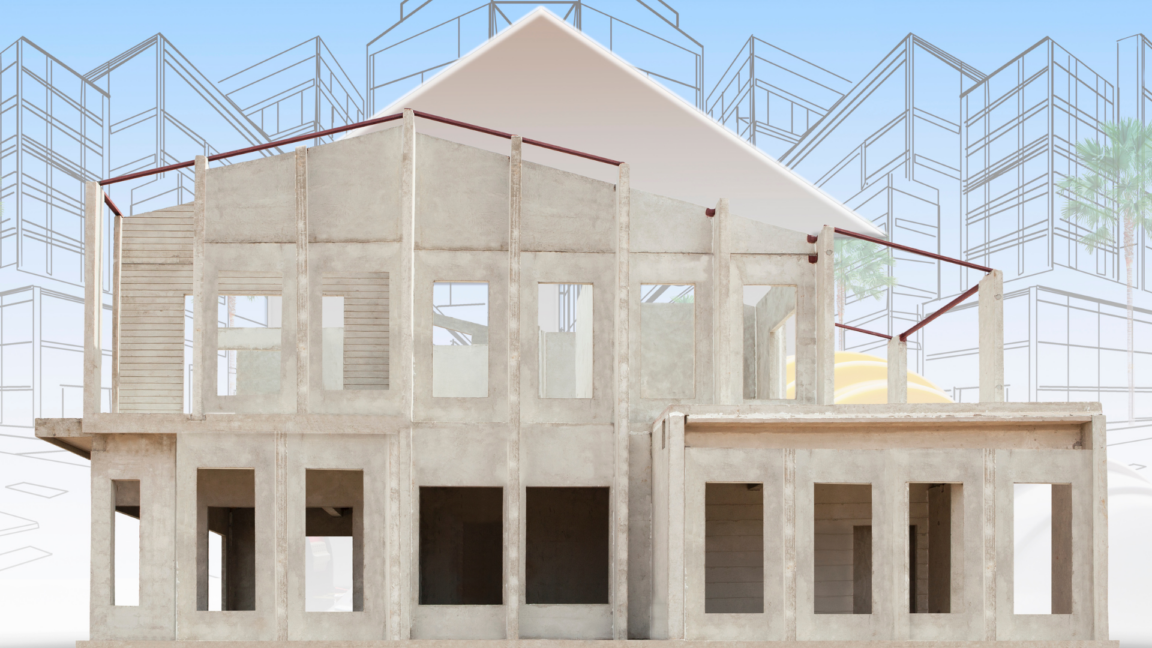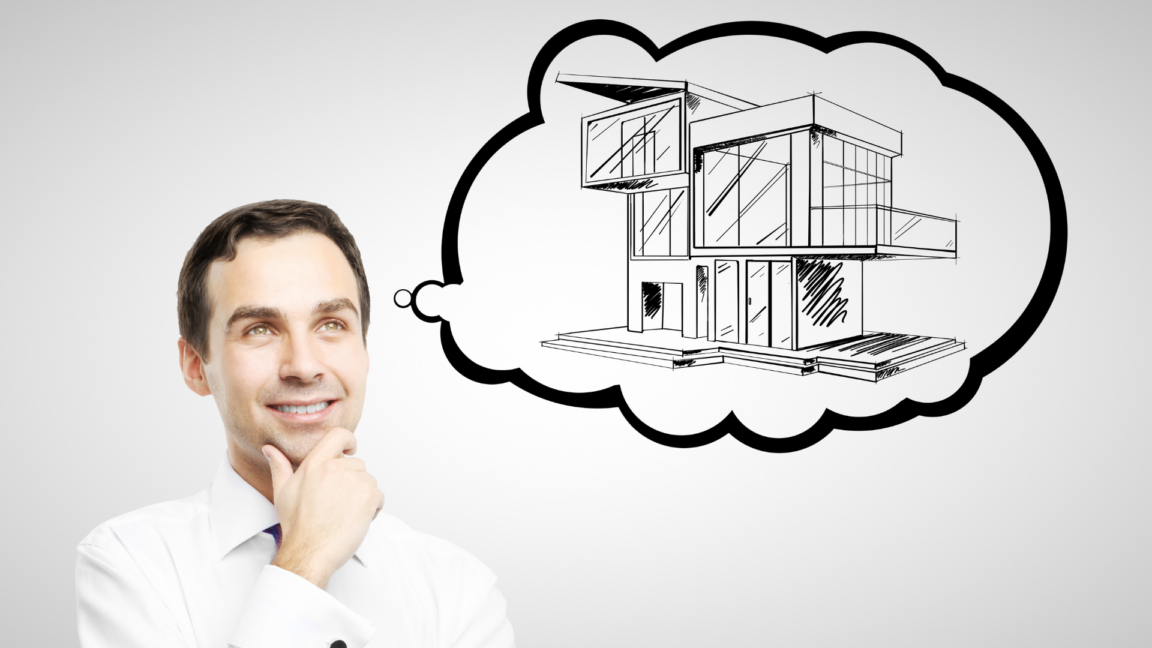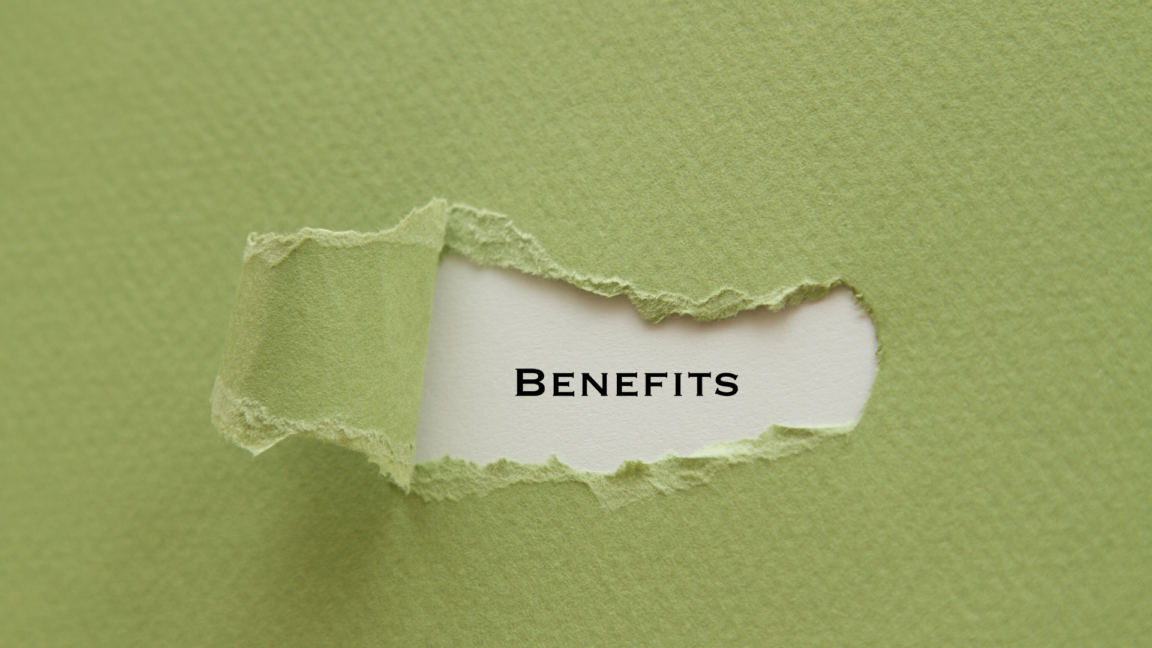Prefabricated Houses: Unveiling the Hidden Gems and Potential Pitfalls


When it comes to affordable housing solutions, one option that often comes to mind is the construction of prefabricated houses. These innovative homes have gained popularity as a budget-friendly alternative for aspiring homeowners. But what exactly are prefabricated houses, and what are the advantages and disadvantages they offer? How long can they stand the test of time? And most importantly, are they a worthwhile investment? Join us on a captivating journey as we delve into the realm of prefabricated houses, uncovering the facts and empowering you to make an informed decision before embarking on your path to homeownership.
How are Prefabricated Houses different from other Houses?

In recent years, the popularity of prefabricated houses, also known as modular or prefab homes, has soared. These homes are constructed using lightweight materials and pre-built components, offering a range of benefits for those seeking quick and cost-effective housing solutions. By utilizing easy-to-assemble materials, these homes can be completed in just 1-2 days, providing a fully finished and ready-to-live-in space.
In the pursuit of durability and stability, home construction companies and contractors have made significant advancements in the field of prefabricated houses. They have integrated electrical and plumbing systems directly into the construction process, ensuring convenience and functionality from the moment the home is completed. Furthermore, the internal structure of these homes is fortified with steel beams, creating a solid foundation that contributes to their longevity. With these innovations, prefabricated houses can now offer a reliable and enduring living space that can last up to 20 years.
The Pros and Cons of Prefabricated Houses

Now, let's delve into the pros and cons of fabricated houses.
Benefits
- Construction takes only a day at least or two to four weeks at most depending on construction complexities, shipping, and other factors contributing to the construction.
- Pre-equipped, ready-to-use electrical and plumbing systems.
- Not particularly expensive, perfect for those on a tight budget.
- Can be moved around and transported without the need for complete reconstruction. Alternatively, it can be dismantled and reassembled.
- If you have limited space and are wondering if a prefabricated house is a good choice, the answer is yes! These houses are designed to be small in size, making them highly suitable for restricted spaces where land availability is a concern.
- Does not require formal permission like usual house constructions.
- The construction process of prefabricated houses is environmentally friendly as it generates less dust and waste compared to other types of housing construction.
- Typically, there is a structural warranty provided by the contractor to ensure the peace of mind of the homeowners.
Drawbacks
- Prefabricated houses, being constructed with lightweight materials, may have a shorter lifespan compared to conventional houses. However, their durability and longevity can be enhanced by reinforcing the structure with steel beams, among other methods.
- Not suitable for extensive interior renovation or bolting.
- Difficult modifications due to pre-structuring.
Worth it?

When it comes to determining the value of prefabricated houses as residential properties, the answer is not straightforward. Each homeowner's perspective plays a crucial role in evaluating the worthiness of such an investment. However, one thing is certain - prefabricated houses can serve as comfortable dwellings. The main distinction lies in their relatively shorter lifespan due to cost-efficient construction methods. These houses typically feature lightweight metal roofs and walls made of wood, cement boards, or pre-built panels, reinforced to withstand heat and sunlight.
Nonetheless, the durability of prefabricated houses can vary, depending on the quality of materials used and the maintenance practices of homeowners, alongside the surrounding environment.
Other benefits and uses besides residency

Now with pros and cons out of the way, let's now delve into the other potential benefits and uses of prefabricated houses beyond residency.
You can start a business such as a store or restaurant
Besides using a prefabricated house for residency, you also have the option to start a business such as a restaurant, a cafe, a store anything you could think of thanks to its pre-built construction eliminating you of the need to perform any construction work.
You can make an office
If you do not wish to rent an office space in a building, a pre-fabricated house is perfect for you to invest in and start a business in the form of a standalone office thanks to its pre-built construction saving you a lot of money due to eliminating you of the need to perform any construction work.
And that's a wrap!
After gaining insights into the concept of prefabricated houses, their benefits and drawbacks, as well as their lifespan and versatile applications, it is essential to weigh the pros and cons before considering an investment in this property type. Conducting thorough research on the contractor's credentials is vital to establish trust. A reputable website and physical office contribute to their credibility. Ultimately, it is crucial to evaluate your specific requirements and determine how a prefabricated house aligns with your needs. By making an informed decision, you can confidently embark on this housing journey.
Looking for an ideal home or condo for the best prices possible? Fear not for PropertyScout is here to help you find your dream home!



